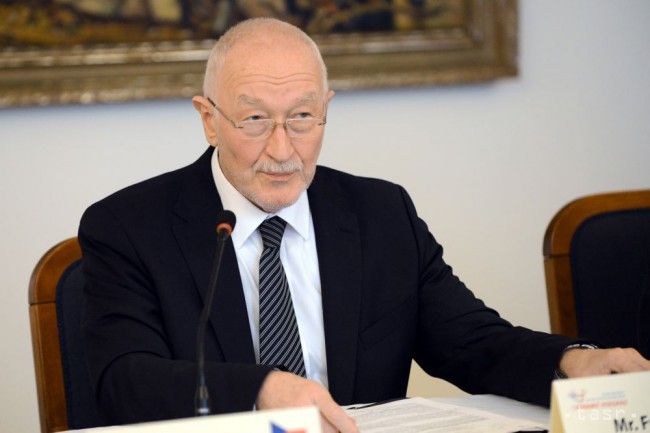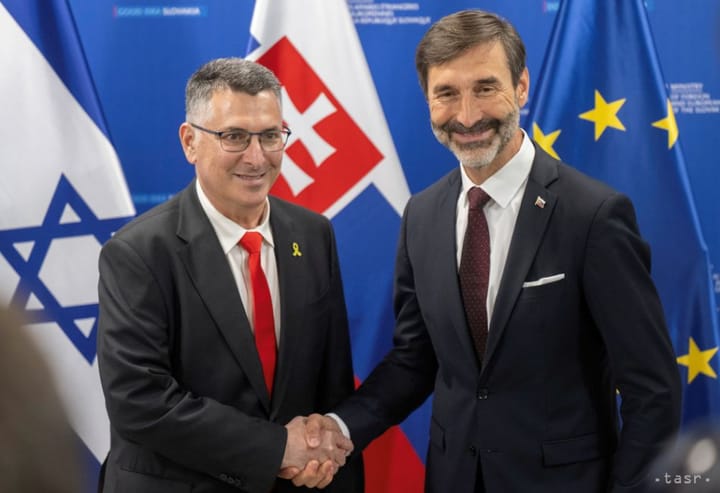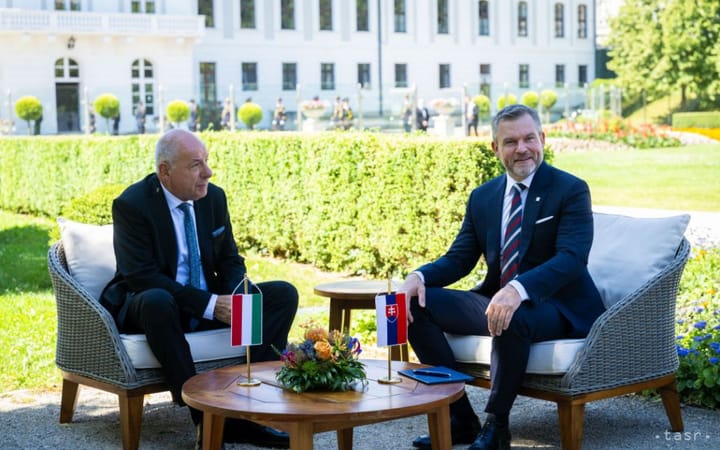Sebej: Total Restart of European Union is Impossible

A total restart of the European Union (EU) with 27 member states is not possible, Slovak Parliament’s foreign affairs committee chair Frantisek Sebej (Most-Hid) said on RTVS’s discussion programme ‘O 5 minut 12’ (Five Minutes to Twelve) on Sunday while discussing the Union’s future with MEP Jozef Viskupic (OLaNO-NOVA) and MEP Ivan Stefanec (KDH).
“Returning to zero and doing a total restart with this number of member states would be, in my opinion, impossible, unrealistic and undesirable,” Stated Sebej.
European Commission President Jean-Claude Juncker presented the White Paper on the future of Europe in the European Parliament on Wednesday (March 1). The White Paper sets out the main challenges and opportunities for Europe in the coming decade, presenting five scenarios for how the EU could evolve by 2025 depending on how it chooses to respond. The possibilities are as follows: carrying on as before; focusing on nothing beyond the single market; a scenario for “those who want more doing more”; doing less more efficiently; and “doing much more together”.
Sebej finds the scenario that the Union will continue in its current form to be probable; however, he does not like it. “This is not a good scenario,” said Sebej, stressing the need to discuss chiefly the fourth scenario [doing less more efficiently].
Viskupic also sees this scenario to be kind of meaningful, while the remaining ones might result in the Union’s split. The Opposition MP lacks a sixth scenario that would regard member states’ greater involvement in decision-making.
Stefanec thinks that the combination of the first [carrying on as before] and the fourth [doing less more efficiently] scenarios would be the best alternative for Slovakia. He stressed the need to adhere to voluntary cooperation among member states and to focus on integration, for example, in the field of the single digital market and the energy union “in order to make the Internet and energies more accessible and cheaper for our people,” explained Stefanec, adding that Slovakia should remain at the core of European integration.
The participants in the discussion also touched on the issue of Brexit. Sebej is concerned about the fact that the strongest army is leaving the EU. “This is fatal,” he stated, indicating a weakening of the Union’s safety.
Viskupic pointed to the fact that Britain is already holding bilateral talks with individual countries although it has not yet activated Article 50 of the Lisbon Treaty, which is necessary for the country’s exit from the Union. He also alluded to the meeting of British Secretary of State for Exiting the European Union David Davis with Slovak Prime Minister Robert Fico (Smer-SD). “They are not holding talks, just testing the mood,” Stefanec corrected Viskupic.
Sebej, Stefanec and Viskupic concurred that efforts to quit the Union do not have to stop with Brexit. “Brexit has started an erosion that does not have to turn out well. Therefore, our ability to negotiate with the British and be generous towards them will matter,” said Sebej, adding that the EU should strive for Britain to stay as close to it as possible. Stefanec admitted that there is the possibility that Britain eventually won’t exit the EU. “Anything can happen,” he noted.



